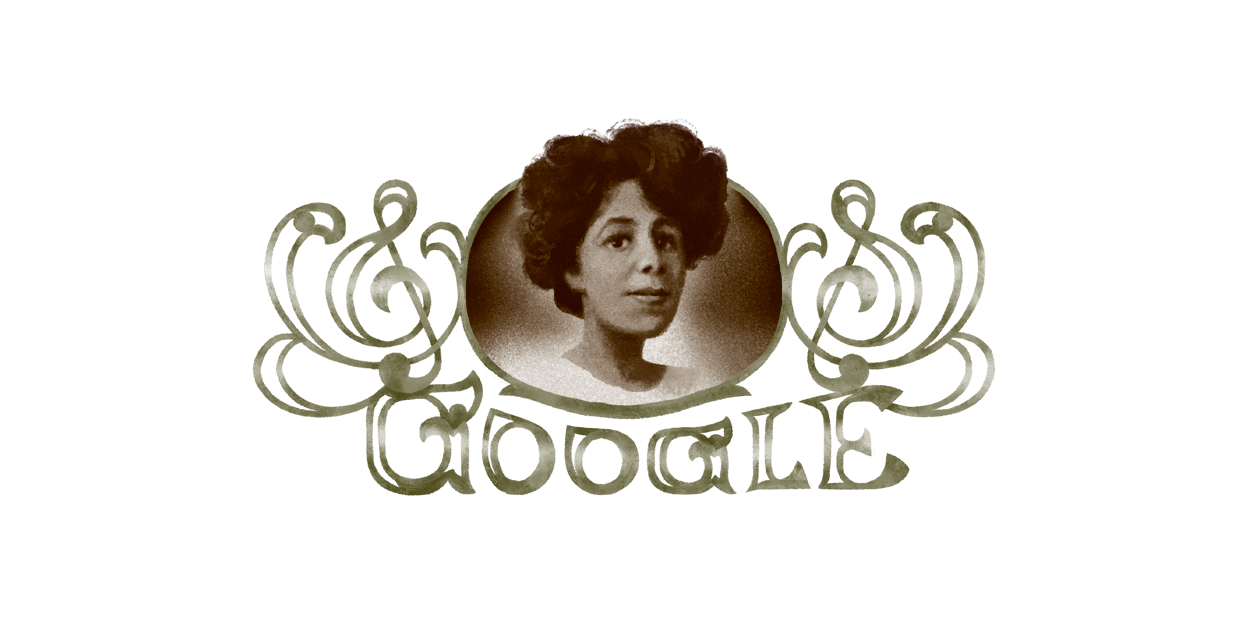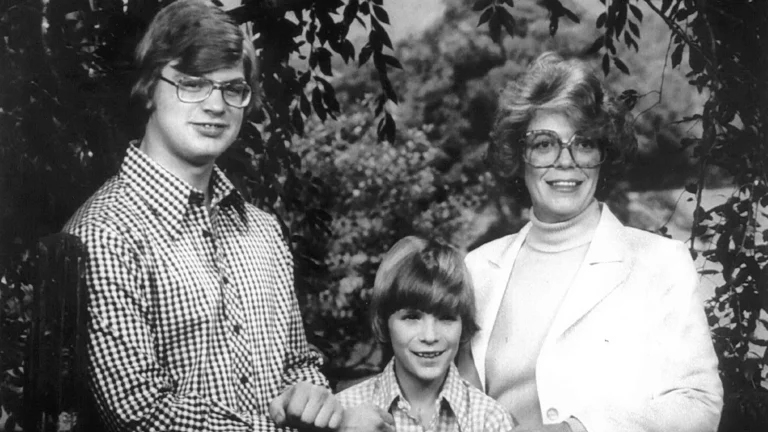amanda aldridge

Introduction
Amanda Aldridge was a remarkable woman who broke barriers and made significant contributions to the world of opera. She was a gifted opera singer, a prolific composer, and a dedicated teacher who inspired generations of musicians. Born into a family of performers, Amanda inherited a passion for music and the stage, and she went on to become a pioneer in her field.

Early Life and Education
Amanda Christina Elizabeth Aldridge was born on March 10, 1866, in Upper Norwood, London, England. She was the third child of Ira Frederick Aldridge, an African-American Shakespearean actor, and his second wife, Amanda Brandt, a Swedish soprano. Amanda’s father was a renowned performer who had achieved great success on the European stage, and he instilled in his daughter a love for music and the performing arts.
Must Read=brighton & hove albion f.c. vs man united lineups
Amanda began studying voice at an early age, and she displayed a natural talent for singing. She studied under renowned teachers such as Jenny Lind, the “Swedish Nightingale,” and Sir George Henschel, a leading composer and conductor. Amanda also studied harmony and counterpoint with Frederick Bridge and Francis Edward Gladstone, further enriching her musical knowledge.
Musical Career
Amanda Aldridge embarked on her musical career as a concert singer, performing in numerous recitals and concerts throughout Europe. She was praised for her beautiful voice, her expressive stage presence, and her ability to interpret a wide range of musical styles. However, her concert career was cut short due to a throat condition, forcing her to shift her focus to teaching and composing.

Compositions and Teaching
Despite the setback of her throat condition, Amanda Aldridge continued to make significant contributions to the world of music. She composed over 30 songs, primarily in a romantic parlor style, and also wrote instrumental music in various genres. Her compositions were often inspired by African American spirituals and folk songs, reflecting her heritage and her connection to her roots.
Amanda Aldridge was also a dedicated teacher who nurtured the talents of many aspiring singers. Her notable students included Roland Hayes, Lawrence Benjamin Brown, Marian Anderson, and Paul Robeson, who went on to become renowned opera singers and performers. Amanda’s teaching methods were characterized by her emphasis on vocal technique, musical interpretation, and stage presence, and she instilled in her students a deep appreciation for the art of singing.
Legacy and Recognition
Amanda Aldridge’s legacy extends beyond her musical achievements. She was a trailblazer for women and African Americans in the world of opera, breaking barriers and defying stereotypes. Her contributions as a singer, composer, and teacher paved the way for future generations of musicians and helped to shape the landscape of classical music.

Despite her remarkable accomplishments, Amanda Aldridge did not receive the widespread recognition she deserved during her lifetime. She was often overshadowed by her more famous father and contemporaries, and her contributions were not fully appreciated until recent years. However, her legacy is now being rediscovered, and she is increasingly being recognized as a pioneer in her field.
Conclusion
Amanda Aldridge was a remarkable woman who left an indelible mark on the world of opera. She was a gifted singer, a prolific composer, and a dedicated teacher who inspired generations of musicians. Her story is one of resilience, talent, and unwavering dedication to her craft. Amanda Aldridge’s legacy continues to inspire and empower others to pursue their dreams and break down barriers in the pursuit of excellence.tunesharemore_vert






